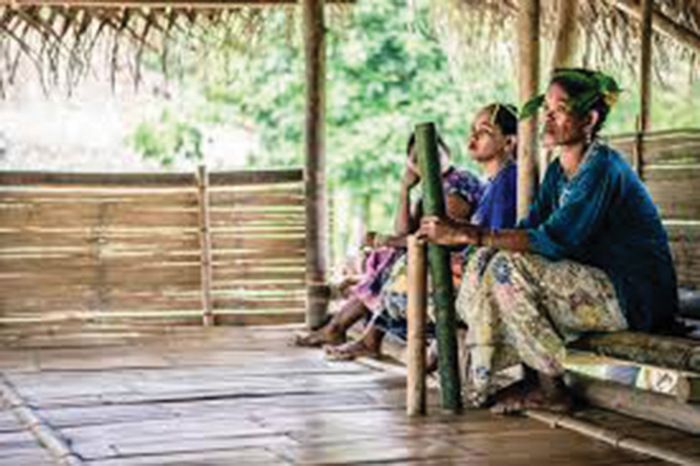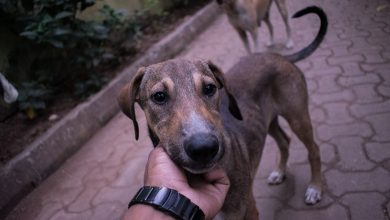Connexion: Vital democratic lessons from Orang Asli


By Joachim Ng
Some 8,000 years ago, Perak was a region of bustling self-sustaining communities that managed a waste-free economy thriving on 100% organic biodegradable produce supplied by the virgin forests and rivers. This much about the Orang Asli lifestyle is now widely known.
Modern Perak has transited to the M-I-C political economy (Malay-Indian-Chinese). These three economic giants are really big-sized grumblers: Malays grumble about having to share the land with others, Indians grumble about being forced out of the estates, Chinese grumble about being deprived of university education.
No one gives much thought to the Orang Asli who have reason to grumble the most. In Gerik, northern Perak, the Temiars are losing their time immemorial ancestral home to loggers ravenously sawing down the forest. There goes their non-polluting livelihood. Despised by tech-savvy people, yet aboriginal tribes surviving on the fringes of global society hold the key to world peace and a better democratic future.
A little known fact is that the Orang Asli, including other primitive hunter-gatherer tribes throughout the world, practised grassroots democracy and had been doing so almost from day one of the human race. Grassroots democracy requires only three ingredients to be present in society: a sharing economy, a talkative crowd, a cooperative mindset. All three ingredients are present in every self-sustaining aboriginal society.
Athens didn’t invent democracy in 500 BCE; it re-styled this ancient practice to fit an urban city-state. Britain in the 19th century didn’t spread grassroots democracy; it invented party politics and gave that to the world. Not a great invention, as partisan democracy is highly divisive whereas grassroots democracy is essentially unitive.
What British anthropologists 100 years ago discovered about the Orang Asli in Perak was that every household would send a representative to the regular council meetings. Whenever there were inter-tribal dialogues on the banks of Sungei Perak, each tribe would send elected representatives. Anthropologists found identical practices among the Orang Asal in Borneo and the aboriginal tribes in South America and Australia.
Grassroots democracy, or democracy that fosters household participation in neighbourhood governance, is an integral part of natural living. As long as you can talk, you want a say in matters that you are familiar with and which concern you. Today, we have surrendered our voices to the political parties who appoint councillors to oversee your neighbourhood — candidates selected for loyalty to the party and not because they live as one of you.
A further point in favour of grassroots democracy is that it strengthens socio-political inclusiveness necessary for world peace.


